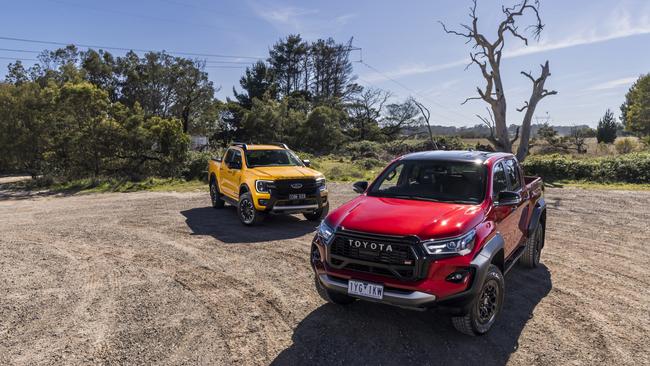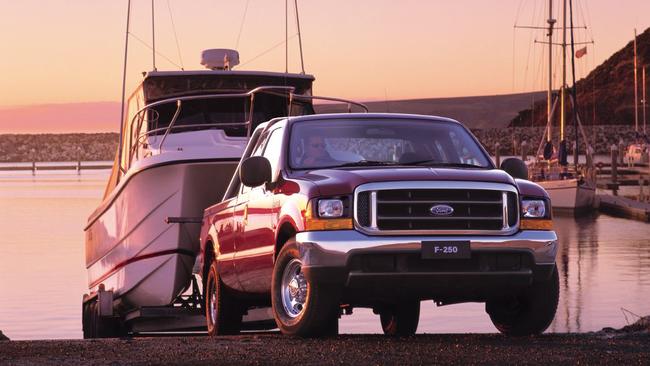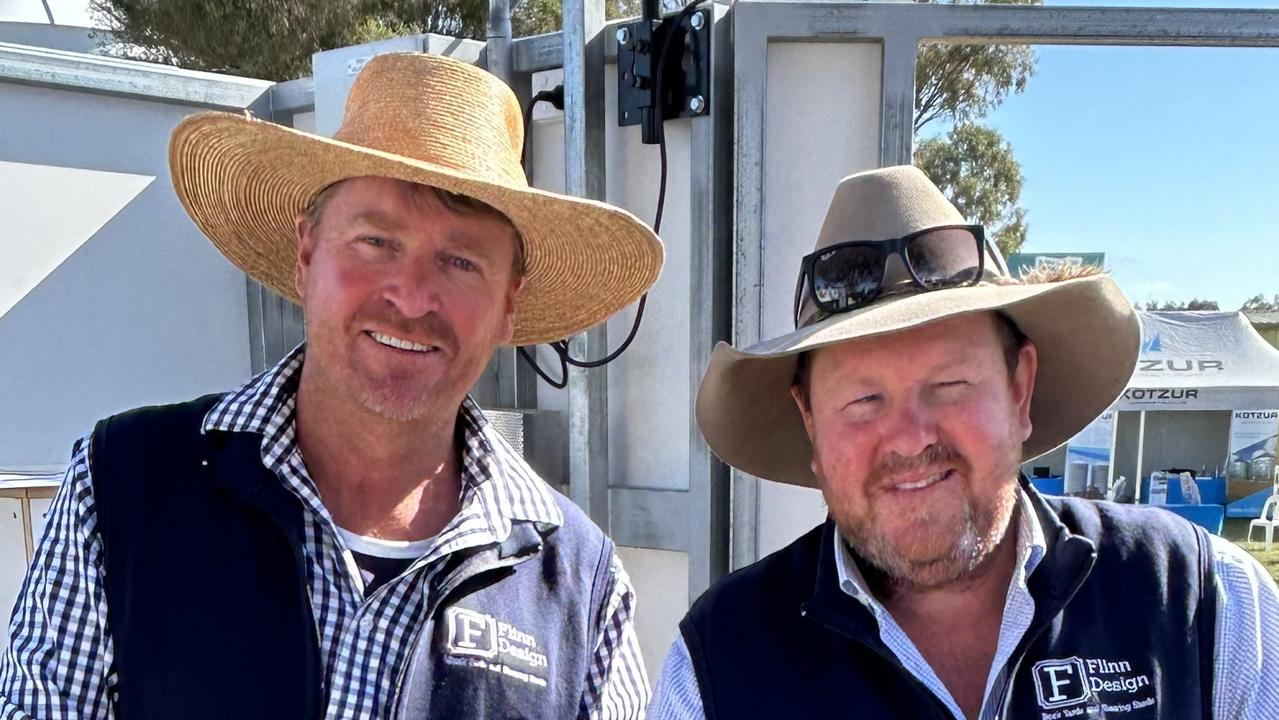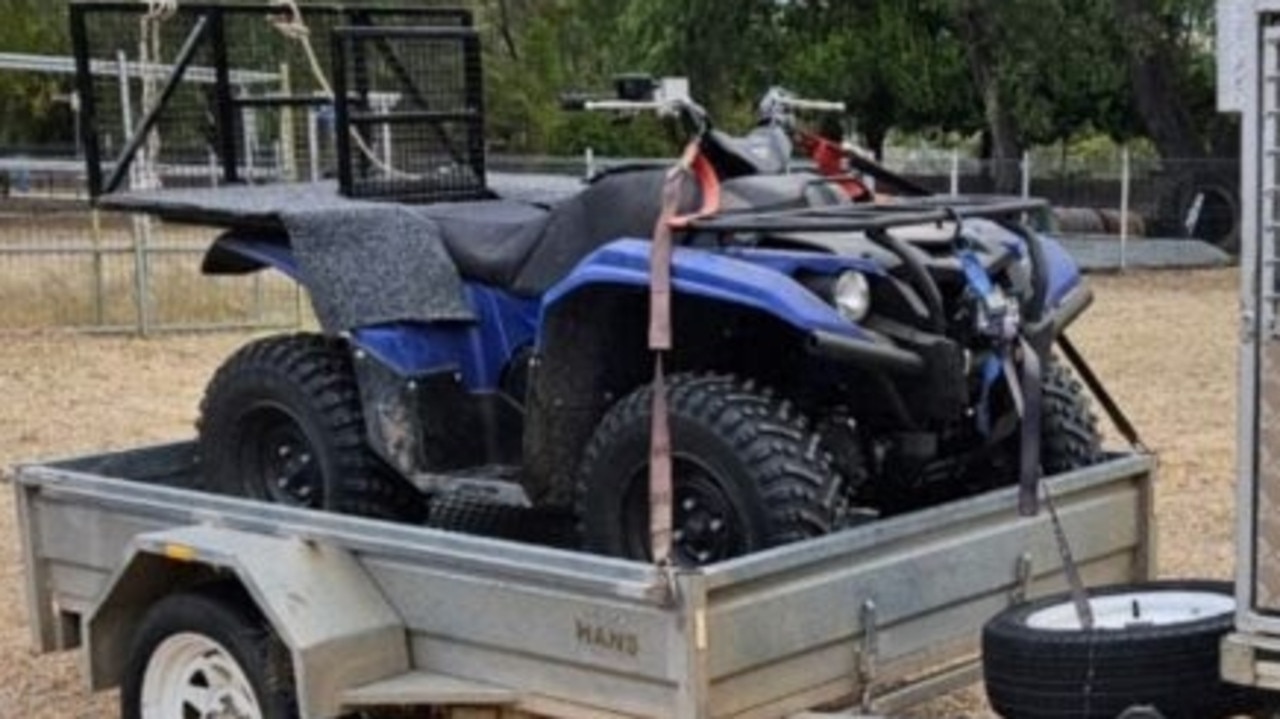Emissions standards: Farmers, tradies and boat owners to feel impact on ute changes
A battle between environmental policy and practicality intensifies as the Albanese government moves to cut greenhouse gas emissions on vehicles including utes.
Australia’s peak farming body is pushing back against the potential end to being able to buy powerful utes in less than two years.
Farmers rely on utes with grunt to move livestock or shift other products, but new sales on vehicles that don’t meet European 6D standards will be banned from December 2025, in a move announced by the federal government in the lead-up to Christmas.
Climate Change and Energy Minister Chris Bowen said the changes would result in close to 18 million tonnes of greenhouse gas emissions being cut from the transport sector by 2050 – the equivalent of taking 280,000 cars off the road.
Mandating of tougher emission standards for petrol and diesel-powered vehicles would also see Australia brought into line with 80 per cent of the global car market.

But National Farmers’ Federation president David Jochinke said the move was doomed in the absence of alternatives to replace the current market of utes at an affordable price.
“When you hear about lower emission engines, there is generally a sacrifice with torque or horsepower to achieve that,” he said.
“We need that extra horsepower to get through mud or carry the goods we need.
“Quite frankly, that is the reason we have the vehicles we have.
“We’ve got to remember we are a very small player in a very big global market.
“It’s an aspirational announcement and I’m not sure how they’re going to backfill it with action.”

Some utes popular with farmers, such as the Toyota HiLux, Ford Ranger and Isuzu D-Max, are only certified to the minimum emissions standard Euro 5 presently.
National Party leader David Littleproud has also taken aim at the move that would also affect tradies, who relied on a workhorse vehicle to carry materials.
“European standards being imposed on Australia doesn’t take into account us being a different type of continent with different requirements,” he said.
“We’re geographically dispersed and the SUV and ute is a tool of trade.
“In big populated areas where they want to reduce the toxic gas, knock yourself out.
“But in regional and rural areas these are tools of trade we need.
“If you start taking them away the cost of production goes up and that means you pay more at the checkout.”

Victoria’s 200,000 registered recreational boat owners also rely on powerful utes to tow them.
“There is an average increasing average length and size of boats coming to market,” Boating Industry Association of Victoria chief executive Steve Walker said.
“We want to make sure any regulation is reasonable.
“We aim to be environmentally conscientious, but we also want to make sure the ability to tow without additional cost and burden is protected.”
VEHICLES THAT DON’T MEET EURO 6D STANDARDS PRESENTLY
Toyota HiLux
Ford Ranger
Isuzu D-Max
Toyota LandCruiser 300 Series
Jeep Wrangler




